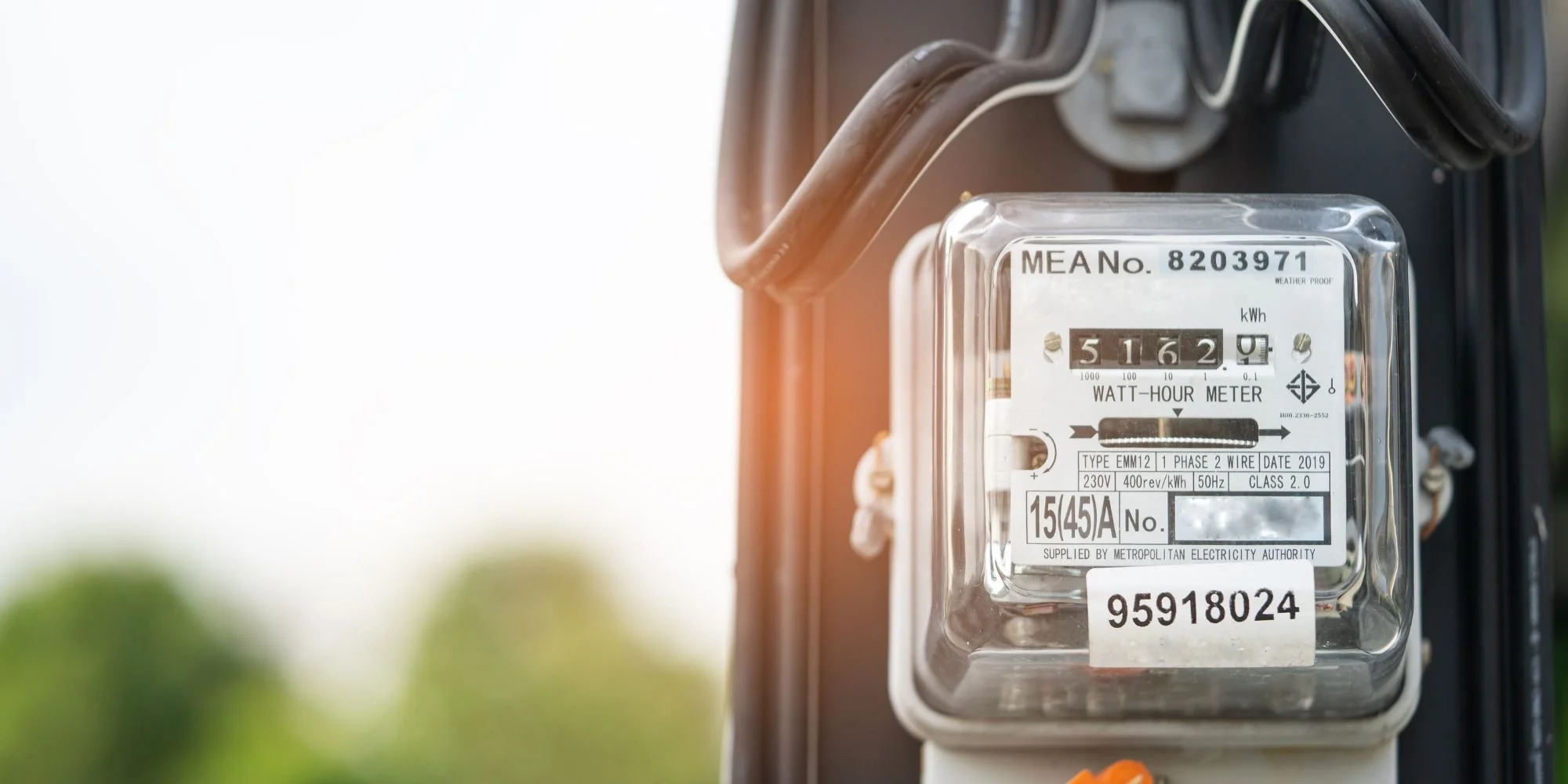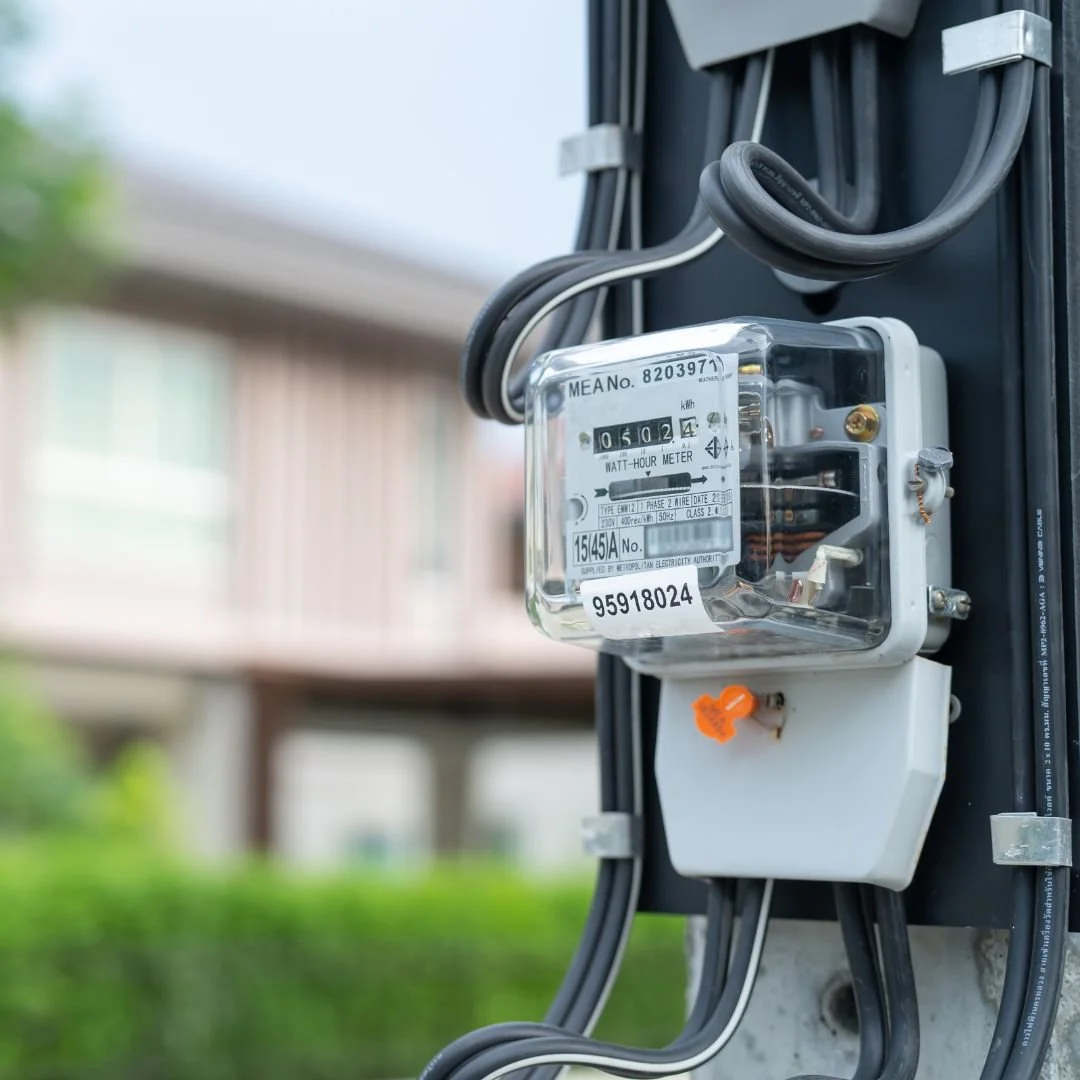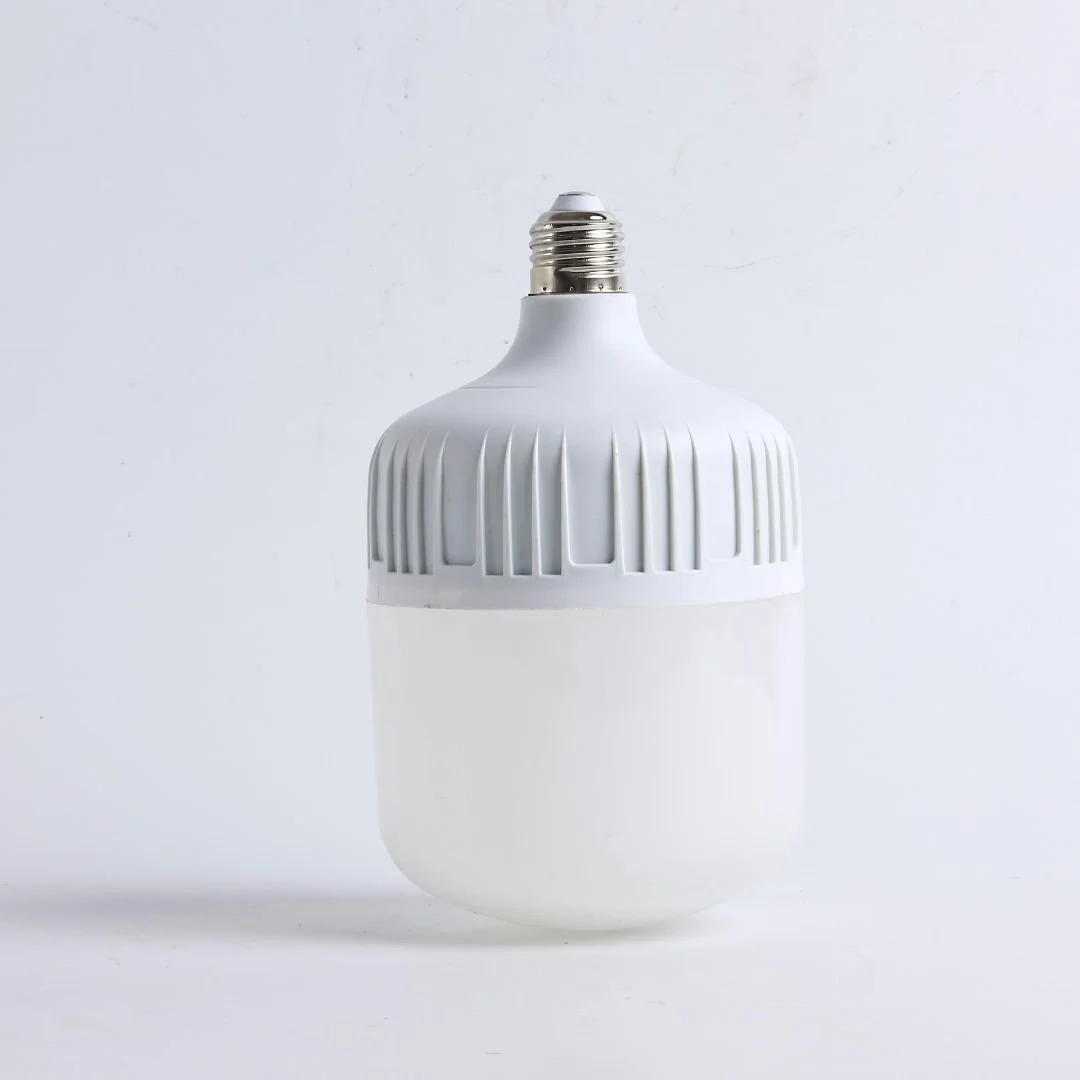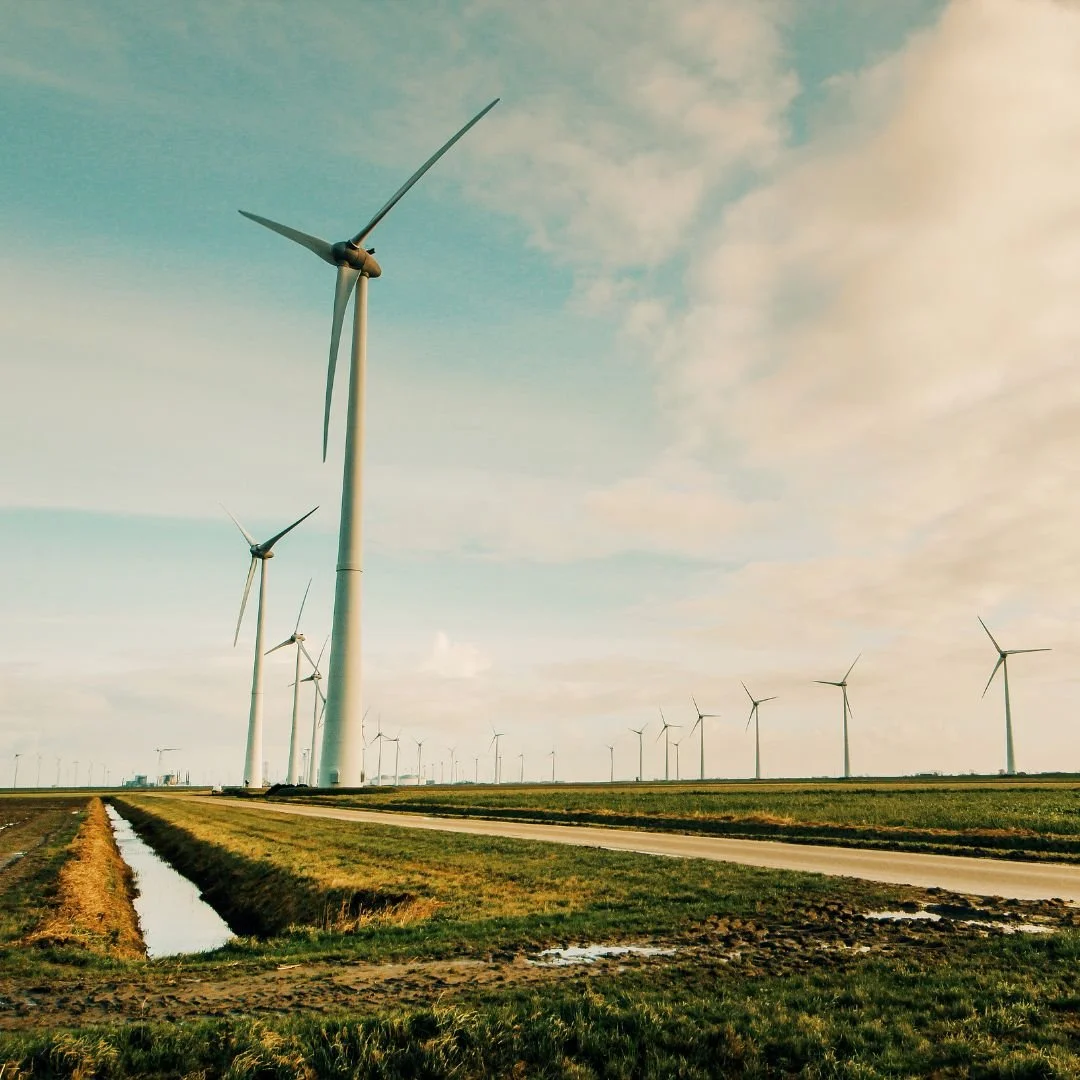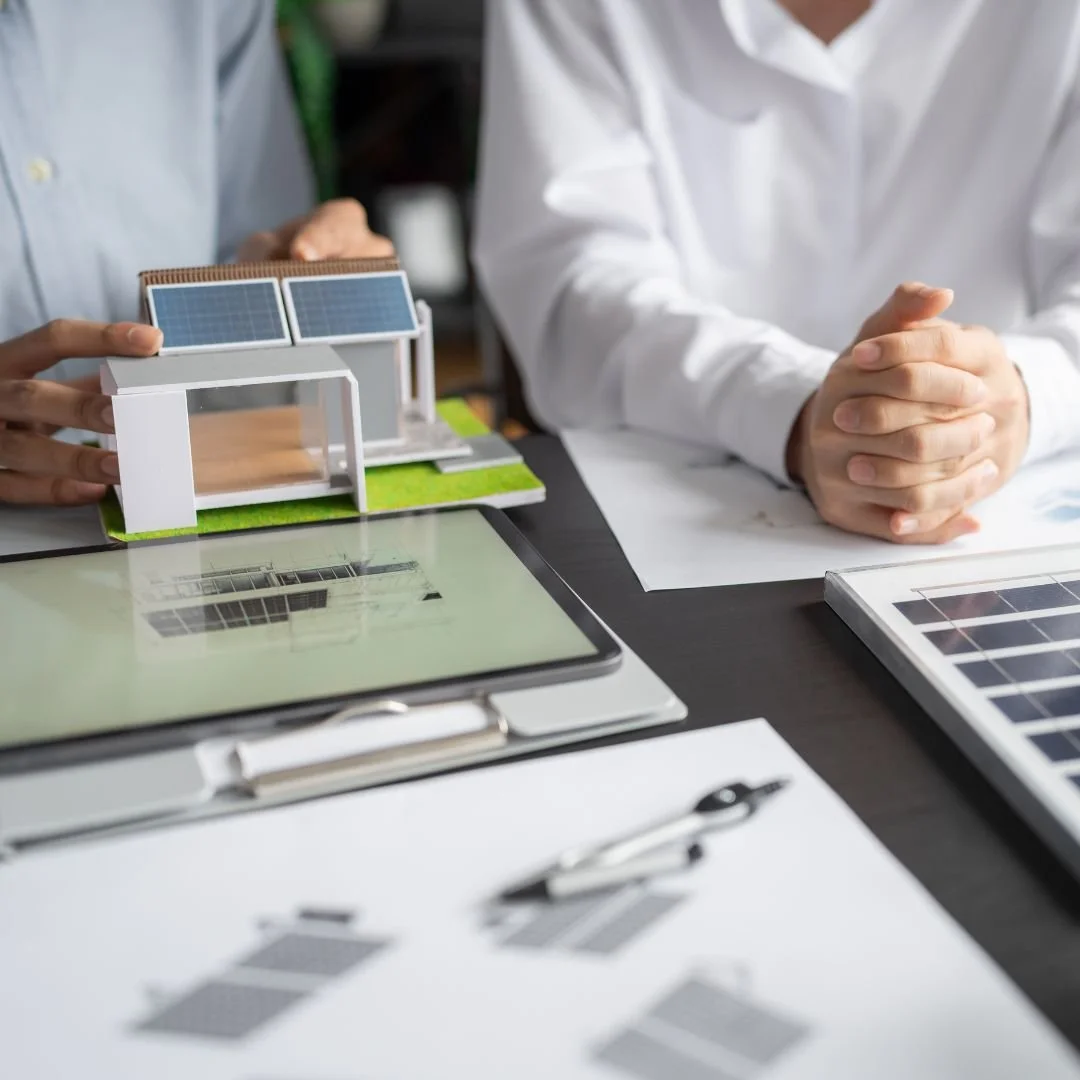How to Make Your Home More Energy-Efficient
As energy costs rise and environmental concerns become more pressing, homeowners are increasingly looking for ways to reduce their energy consumption. Making your home more energy-efficient not only saves you money, but it also helps protect the environment. Whether you're looking to make small changes or undertake larger home improvement projects, there are many ways to improve your home's energy efficiency. Here are the most effective strategies.
1. Improve Insulation and Seal Gaps
One of the most efficient ways to reduce energy waste is by ensuring your home is properly insulated. Insulation helps regulate your home’s temperature, reducing the workload on your HVAC system and maintaining comfort year-round.
Start by adding insulation to your attic and basement, as these areas often lose the most heat. If your walls and ceilings are poorly insulated, upgrading them can dramatically reduce your heating and cooling needs. Additionally, inspect your windows and doors for air leaks. Gaps around these areas allow warm or cool air to escape, making it harder to maintain a comfortable temperature inside. Weatherstripping or caulking these gaps can prevent energy loss and improve overall efficiency.
2. Upgrade to Energy-Efficient Appliances
Replacing old, inefficient appliances with energy-efficient models is another great way to lower your energy consumption. Look for the ENERGY STAR label, which indicates that the appliance meets strict energy efficiency standards.
For example, upgrading to an energy-efficient refrigerator or washing machine can make a huge difference in your energy bills. Consider replacing your water heater with a high-efficiency model, or opt for a tankless water heater, which only heats water on demand, saving both energy and space. Even small appliances, like dishwashers or microwave ovens, can benefit from modern energy-efficient upgrades.
3. Optimize Your HVAC System
Your HVAC system uses a large portion of your home’s energy, so optimizing it is crucial to improving energy efficiency. Regular maintenance ensures that your heating and cooling systems run smoothly and efficiently.
Start by scheduling annual tune-ups for your HVAC system. Replacing filters every 1-3 months will help maintain airflow and improve efficiency. If your system is over 10 years old, it might be time for an upgrade. Newer systems are more energy-efficient and can save you money in the long run. Consider installing a programmable thermostat that adjusts temperatures based on your schedule. This ensures that your system isn’t running when you don’t need it, helping you save energy and reduce utility bills.
4. Consider Solar Energy
If you’re looking for a more long-term investment, consider harnessing the power of solar energy. Installing solar panels on your home can reduce your reliance on grid electricity, lower your utility bills, and even increase your property’s value.
While the upfront cost can be significant, federal and state incentives can help offset the expense. Additionally, the savings on your electricity bill will pay for the installation over time. If full solar panel installation isn’t an option, smaller solar solutions, like solar-powered water heaters or solar lights for your yard, can still provide some benefits.

